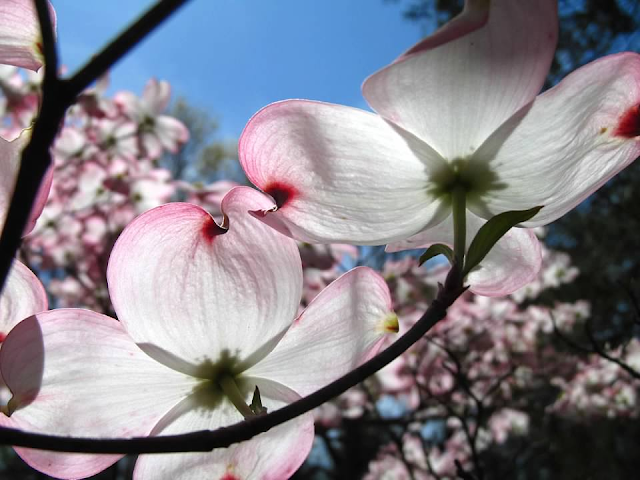Introduction
Nobody likes funerals. (Well, except maybe Harold and Maude.) But some do find comfort, or at least closure, in observing the rituals.
As you know, the traditional way to remember the dead in the U.S. is with a funeral service. Perhaps bookended with a viewing and a reception. Often followed by a burial, with future, periodic visits to the graveside.
Funerals can serve several functions (The 6 Purposes of a Funeral):
- Confront reality and begin processing our grief
- Recall and share stories to transition into thinking of the deceased as a memory
- Support each other in grief
- Express our thoughts and emotions in a safe space
- Search for meaning and find peace
- Acknowledge our new self-identity (e.g. now widowed) and think about how we want to spend our remaining days
Grief is very personal, and everyone processes it in their own way and at their own pace. Fortunately, these days there are multiple ways, besides a funeral, to honor the dead. You just need to keep an open mind,
If this topic is too morbid for you, feel free to skip it. But below are some positive and creative ideas that I think are worth sharing. Maybe one or more will appeal to you.
Creative Ways to Remember Loved Ones
- Keep something of theirs with you
- Support a cause close to their heart and yours
- Make a tribute donation to a nonprofit
- Fund a scholarship in their name
- Dedicate an event to their memory
- Dedicate a memorial bench, brick or table
- Create a living reminder (e.g. memorial garden, plant a tree, shrub or flowers)
- Start a new tradition
- Have a celebration of life ceremony
- Have a memorial release with balloons or butterflies or bubbles
- Live your best life
- Turn their ashes into a cremation diamond
- Scatter their ashes somewhere they would like and/or where you feel close to them
- Try a hobby they liked and take a class if needed
- Do something they enjoyed or you enjoyed together
- Eat or cook their favorite food
- Make a drink in their honor
- Listen to their favorite songs or watch their favorite movies
- Create a playlist they would have loved
- Create a memorial website or Facebook page or write a blog or do a podcast
- Make a documentary of their life
- Share their stories and photos
- Frame something they've written
- Write a book to help others
- Write them a letter, poem, or song
- Make a scrapbook of their life
- Start a "Thoughts of You" journal
- Do acts of kindness
- Volunteer
- Do something in their honor like travel
- Set a personal goal and make your loved one proud
- Speak to your loved one
- Foster a dog and tell them about your loved one
- Start a topical support group
- Become an activist
- Become a motivational speaker
- Finish a project your loved one started but never finished
- Repurpose their items, clothing and knickknacks into art, jewelry or a lovely quilt
- Give their items away for others to enjoy (e.g. books)
- Design a shirt with their favorite saying
- Visit with those who knew your loved one
- Wear your loved one's favorite scent
- Do something special for others each year with money you would have used for a loved one's birthday or Christmas presents
- Smile, because you knew them
Personal Experience
Personally, I’m just not one of those people who finds comfort or closure at funerals. (And yes, I know the funerals aren’t all about me.) I prefer more non-traditional (and private) ways of processing and expressing my grief.
When my dad died four years ago, it was the beginning of COVID and funerals were pretty much on hold. Unless you counted sitting in your car by the graveside. My mom and I decided against a funeral. Dad didn't want one anyway ("no fuss" he would say). He wanted to be cremated though.
My mom and I want to be cremated as well. We're not alone. The U.S. cremation rate in 2022 was 59% and is projected to reach 65.2% by 2027. (Cremation Association of North America)
For years, I've wondered what I want done with my ashes. Back in my travel days I liked the idea of having my friends and family scatter some of my ashes all over the world. Or maybe do something useful with them, like fertilize a tree. Or I might donate my body to science first. I’m already an organ donor.
I guess my point is, if I have to lose someone (or die myself), I want something positive to come out of it. That's how I process grief.
So slowly, but surely, I’ve been scattering my dad’s ashes in places I know he would like. There's one spot in particular where I go regularly and check in with him. This might make some people uncomfortable. But he and I talked about it before he died, and it’s what he wanted. It also gives me a chance to do something, and I find comfort in that.
How about you? Have you done any of these methods of remembering your loved ones? Any others you would recommend?
Additional Sources

Grief is very personal. I know with myself I want nothing, no services, etc. my husband wanted his ashes spread in Lake Okeechobee and Lake Cumberland. I’m an organ donor and I may decide to donate my body to a medical school. I think we should not criticize how people handle their grief. It is a very personal choice. LW
ReplyDelete